organic liquid fertilizer is very expensive. Due to the harmful effects of conventional fertilizers on the environment and food quality, their use has long been criticized. By using nanocomposites as a substitute for conventional fertilizers, fertilizer nutrients are gradually released into the soil in a controlled manner, thereby preventing the phenomenon of swamping of static water and contamination of drinking water.

What is the best organic liquid fertilizer?
 Due to the growing trend in nanocoding research and development of biosensors that have specific aptamers to detect target molecules and incorporate functional polymers, the relative advantage of nanocoders will increase in the future.
Due to the growing trend in nanocoding research and development of biosensors that have specific aptamers to detect target molecules and incorporate functional polymers, the relative advantage of nanocoders will increase in the future.
By using nanocomposites as a substitute for conventional fertilizers, fertilizer nutrients are gradually released into the soil in a controlled manner, thereby preventing the phenomenon of swamping of static water and contamination of drinking water.
organic liquid fertilizer for hydroponics is very common . in fact, nanotechnology has opened up new opportunities to increase the efficiency of nutrient consumption and minimize environmental protection costs.
Summing up the results of the present study show that increasing the efficiency and quality of food resources through higher uptake rate, no loss of fertilizers through leaching, and complete uptake of fertilizer by the plant due to the release of optimum fertilizer nutrients at a rapid growth rate throughout the growing season, significantly reduced contamination. Soil, water reserves and nutrients by reducing fertilizer leaching, reducing soil compaction and loss of quality, reducing plant toxicity and stress due to high concentrations of salt in the soil, increasing yield due to optimal plant nutritional status and Improved storage properties and ease of removal of fertilizer from the mesa Significant use of nanocoders is compared to conventional fertilizers.
What are examples of organic fertilizers?
liquid fertilizer definition chemical fertilizers have played a key role in increasing the production of cereal crops in the developing world, especially after the introduction of high yielding and fertile crops during the Green Revolution.
By 2020 more than 70% of grain yield worldwide will depend on the use of fertilizers . However, excessive use of nitrogen and phosphorus fertilizers affect the world’s water resources and lead to the process of marsh watering in aquatic ecosystems. One of the worrisome facts about conventional fertilizers is that the efficiency of nitrogen fertilizers is 20 to 50 percent and that of phosphorus fertilizers is only 10 to 25 percent. All of this suggests that food production should be much more efficient in the near future .
Nanotechnology is gradually transitioning from laboratory to operational phase, leading to a more tangible presence in the agricultural sector . In this regard, the use of nanocodes for precise control of nutrient release can be an effective step towards achieving sustainable and environmentally friendly agriculture .
The preparation of organic liquid fertilizer
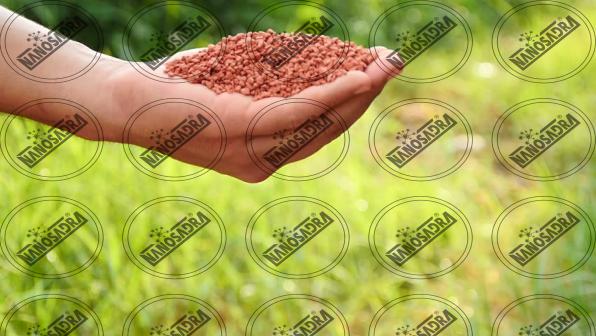
liquid plant fertilizer is very useful. Many organic farmers struggle to find natural ways of enhancing their soil. While organic fertilizers are readily available, it makes more sense to produce them as only then can one be sure of the components used. When produced appropriately, homemade organic liquid fertilizers can be as good as their commercially made counterparts. There are different types of organic liquid fertilizer available. For instance, compost tea is a powerful fertilizer while coffee grounds are said to provide sufficient nitrogen to plants.
A huge percentage of organic fertilizers are made from kitchen waste. However, there are many more things one can convert into potent fertilizer for use in their organic garden rather than disposing them off.Organic farmers can make their own organic liquid fertilizer by infusing their components of choice in water for some days. The soluble nutrients then drain in the water solution.
Farmers can choose to terminate the process and utilize the fertilizer in their gardens or even continue if they intend to ferment the component. Some farmers have reported great success from fermented organic liquid fertilizer.

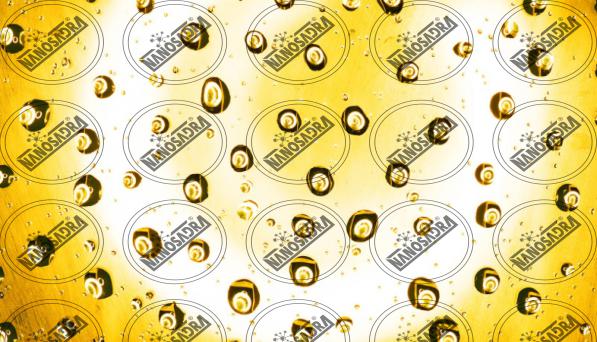
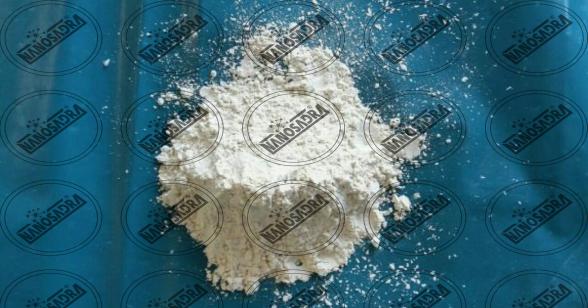
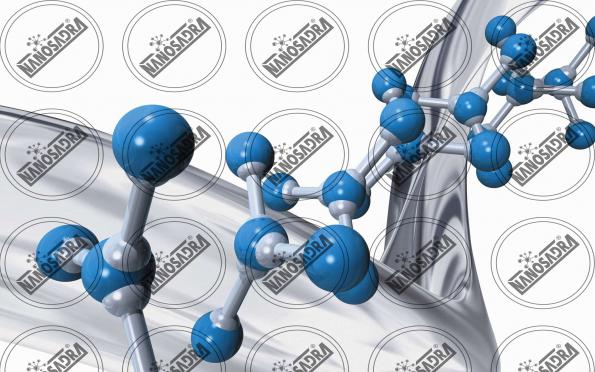
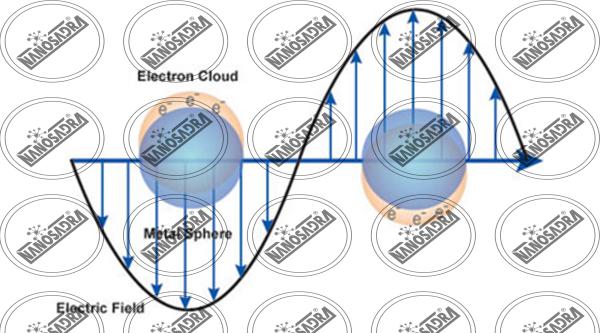
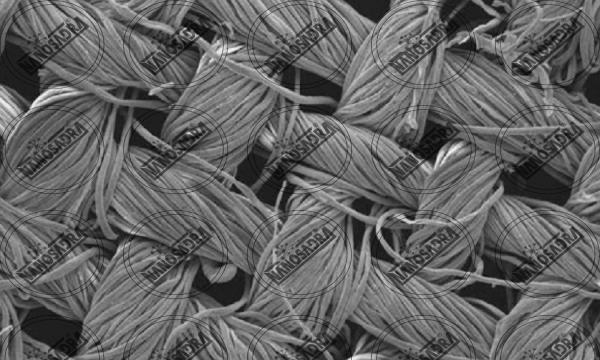
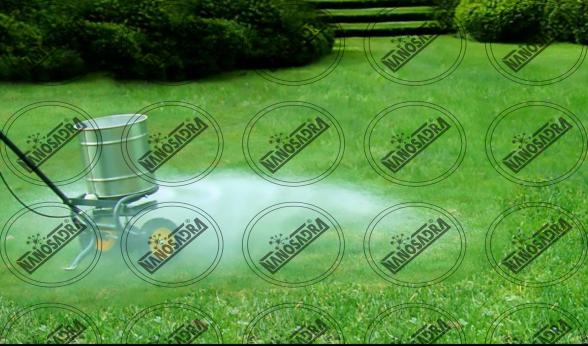
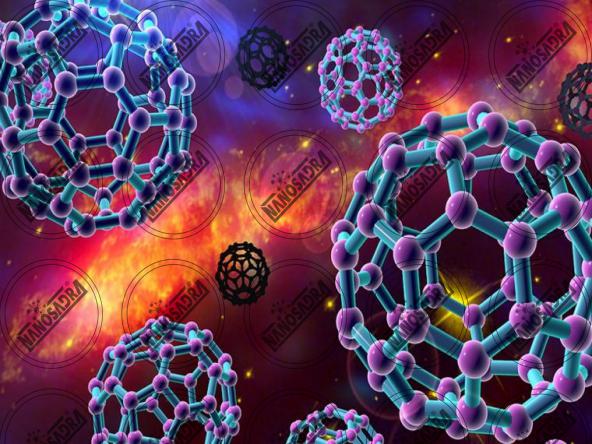
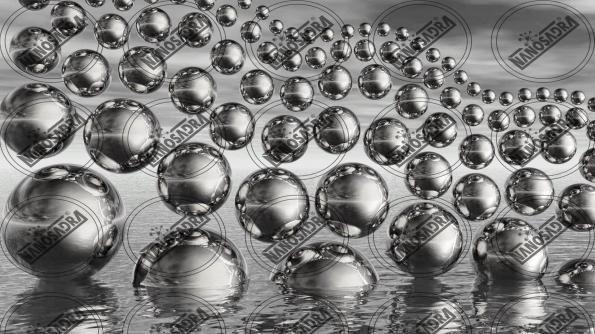
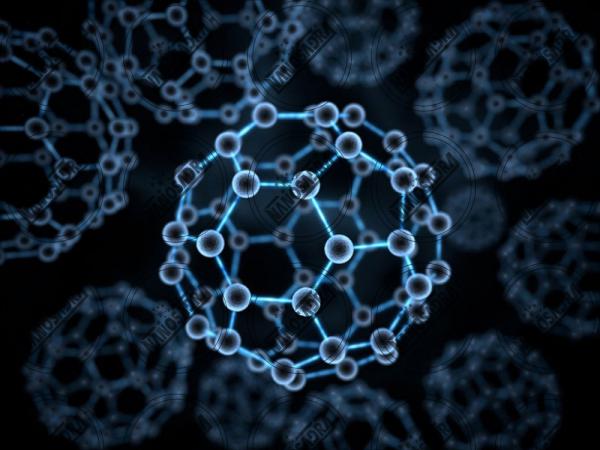
Your comment submitted.